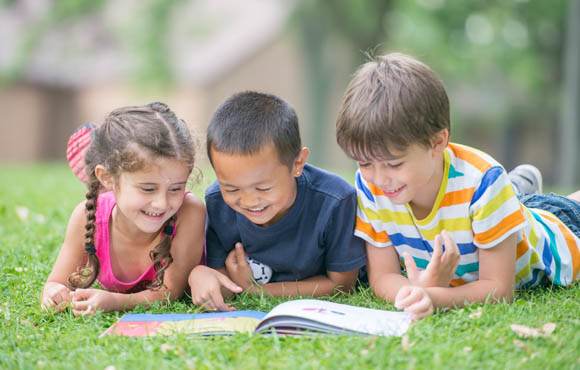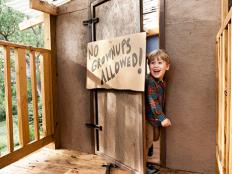Amy Flory
Amy Flory has been featured on multiple parenting sites, was named one of Mashable’s 17 Funny Moms on Twitter in 2013, and one of Parenting’s 10 Twitter Handles to Follow in 2015. She is a contributor to the New York Times Bestselling I Just Want to Pee Alone series, and the wildly popular Big Book of Parenting Tweets series. Amy can be found laughing at the absurdity of parenting on Facebook, Twitter, and Instagram, sharing her famous Crock Pot Thursday recipes on Pinterest, and writing embarrassing stories about her family and herself at FunnyIsFamily.com.
Amy Flory has been featured on multiple parenting sites, was named one of Mashable’s 17 Funny Moms on Twitter in 2013, and one of Parenting’s 10 Twitter Handles to Follow in 2015. She is a contributor to the New York Times Bestselling I Just Want to Pee Alone series, and the wildly popular Big Book of Parenting Tweets series. Amy can be found laughing at the absurdity of parenting on Facebook, Twitter, and Instagram, sharing her famous Crock Pot Thursday recipes on Pinterest, and writing embarrassing stories about her family and herself at FunnyIsFamily.com.













Discuss This Article